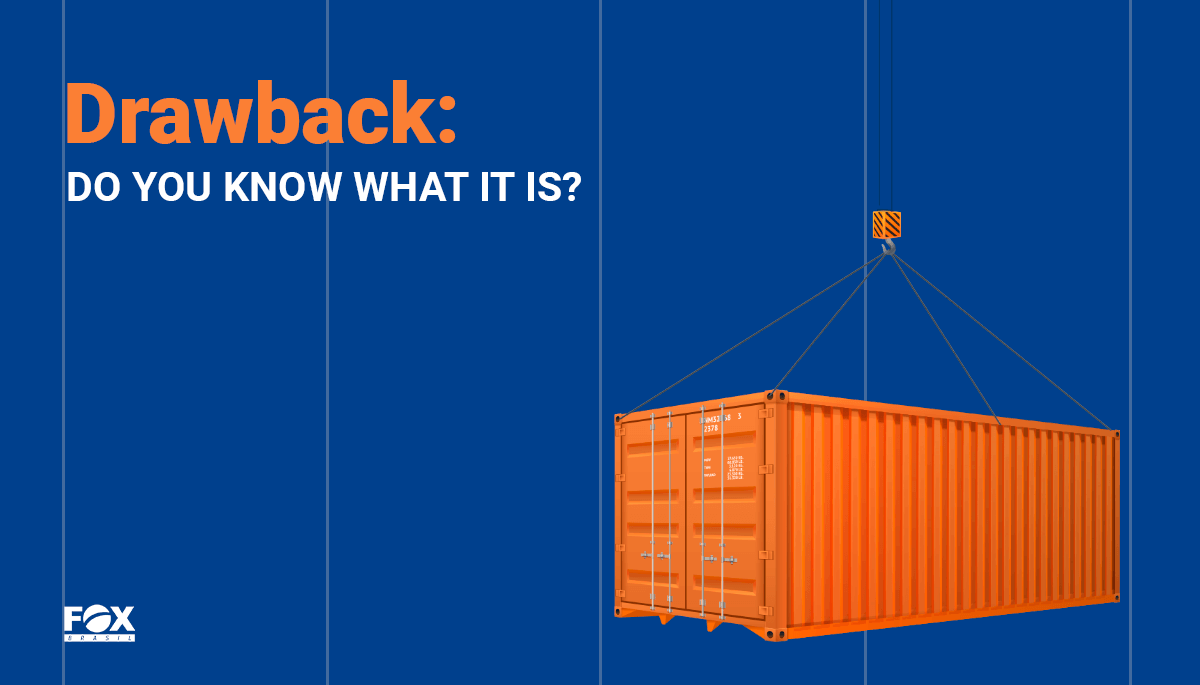Drawback: do you know what it is?

FOX Brasil Freight Forwarder
Drawback is a customs practice that diminishes the amount of taxes and tariffs paid by businesses importing goods that are necessary to the manufacturing of their own products, produced with the intent of being exported.
How are drawbacks granted?
The company importing the materials can request a drawback from the government, declaring that the goods acquired will be used in the manufacturing of products that will be exported.
And that can include raw materials, machines or machine parts, even packaging. As long as they’re involved in producing or maintaining the goods to be exported, their purchase qualifies for a drawback.
How are the drawbacks received?
There are three ways that this can happen:
It can be by suspension of taxes, where the business requests the drawback before paying for the imported materials. This way, they won’t even need to pay for the tariffs in the first place.
In another scenario, where a company has already acquired the production materials before and is buying them again in order to restock, they can request the drawback and they will not need to pay for taxes in future purchases.
Lastly, the business can receive a refund of the taxes paid for the products imported, whether the full amount or a partial amount. This method is less common than the two previous ones, but it still happens.
Benefits
Drawbacks can be seen as an incentive for exporters, since it will offer them better production prices, which can potentially boost their businesses and have a positive impact on the national’s economy. In addition to that, when tariffs don’t have to be paid, there’s less bureaucracy and customs costs involved in the importation of the materials, which makes processes faster and cheaper.